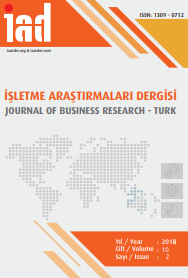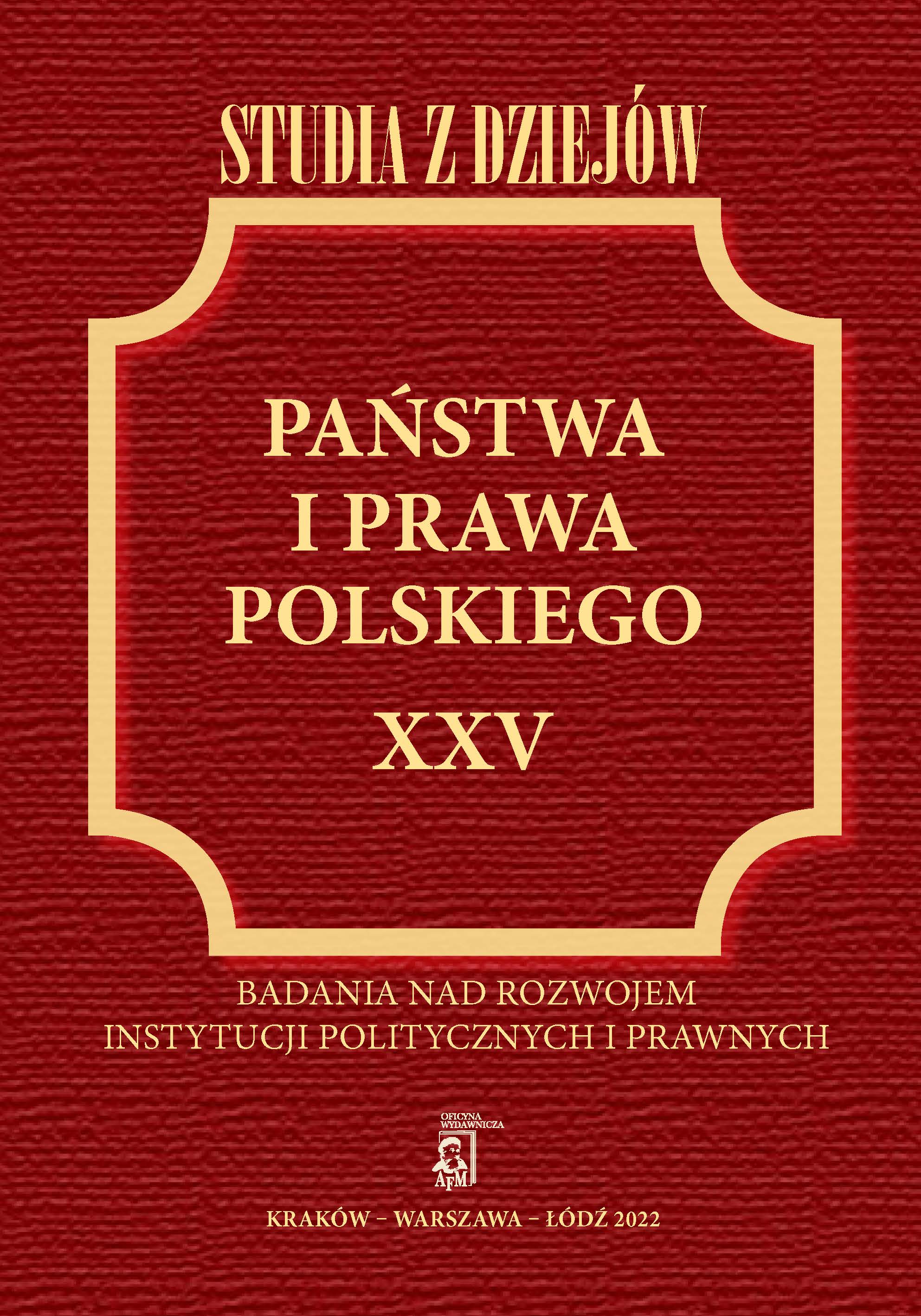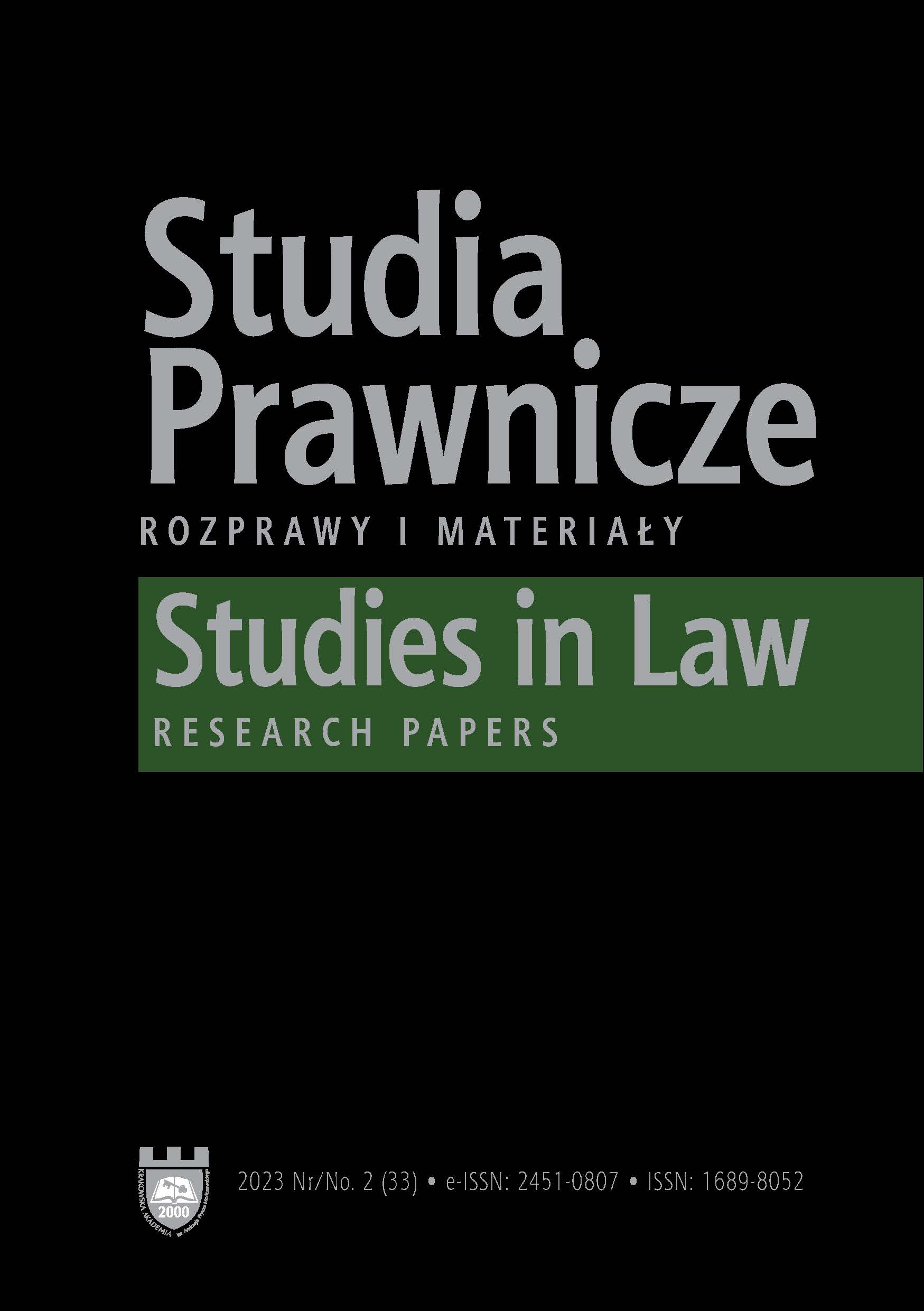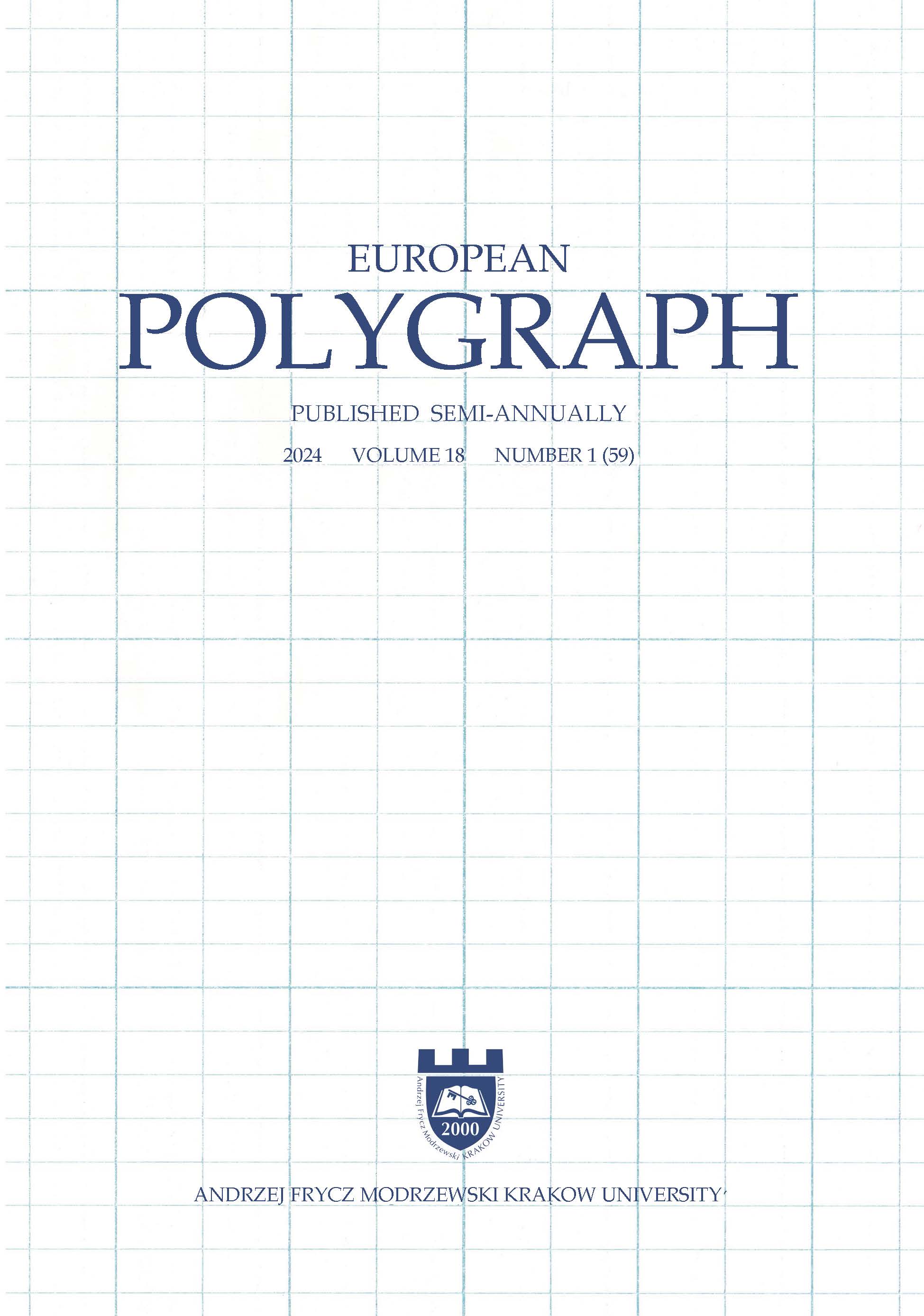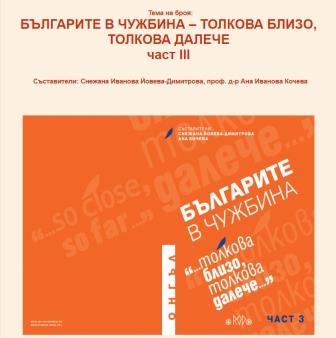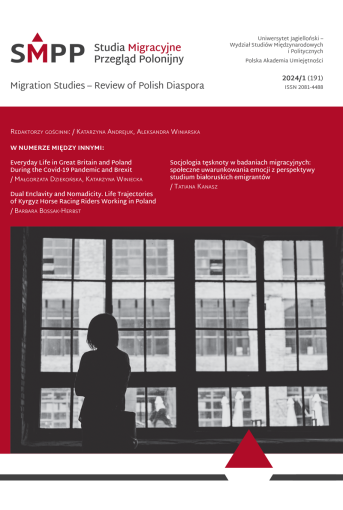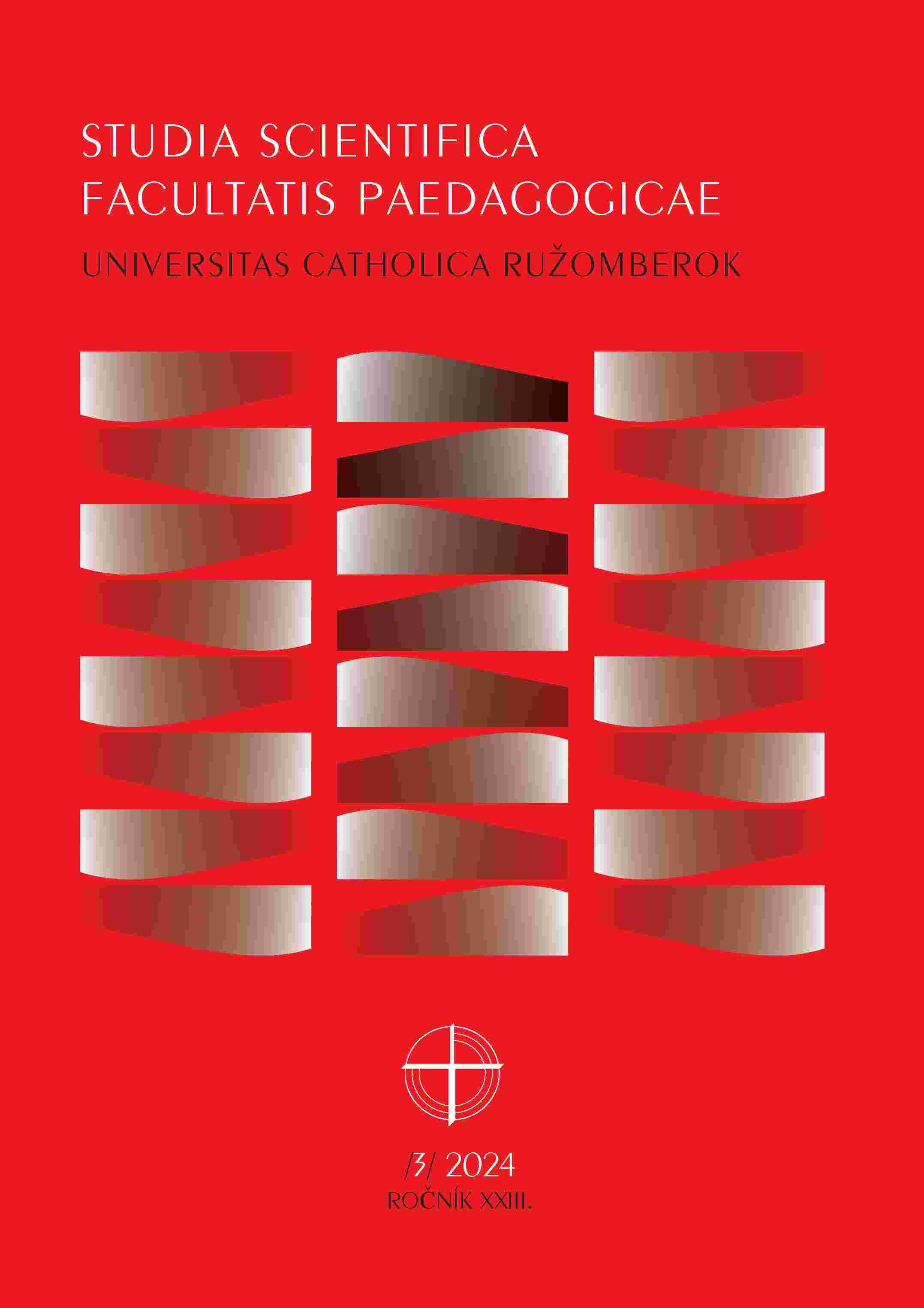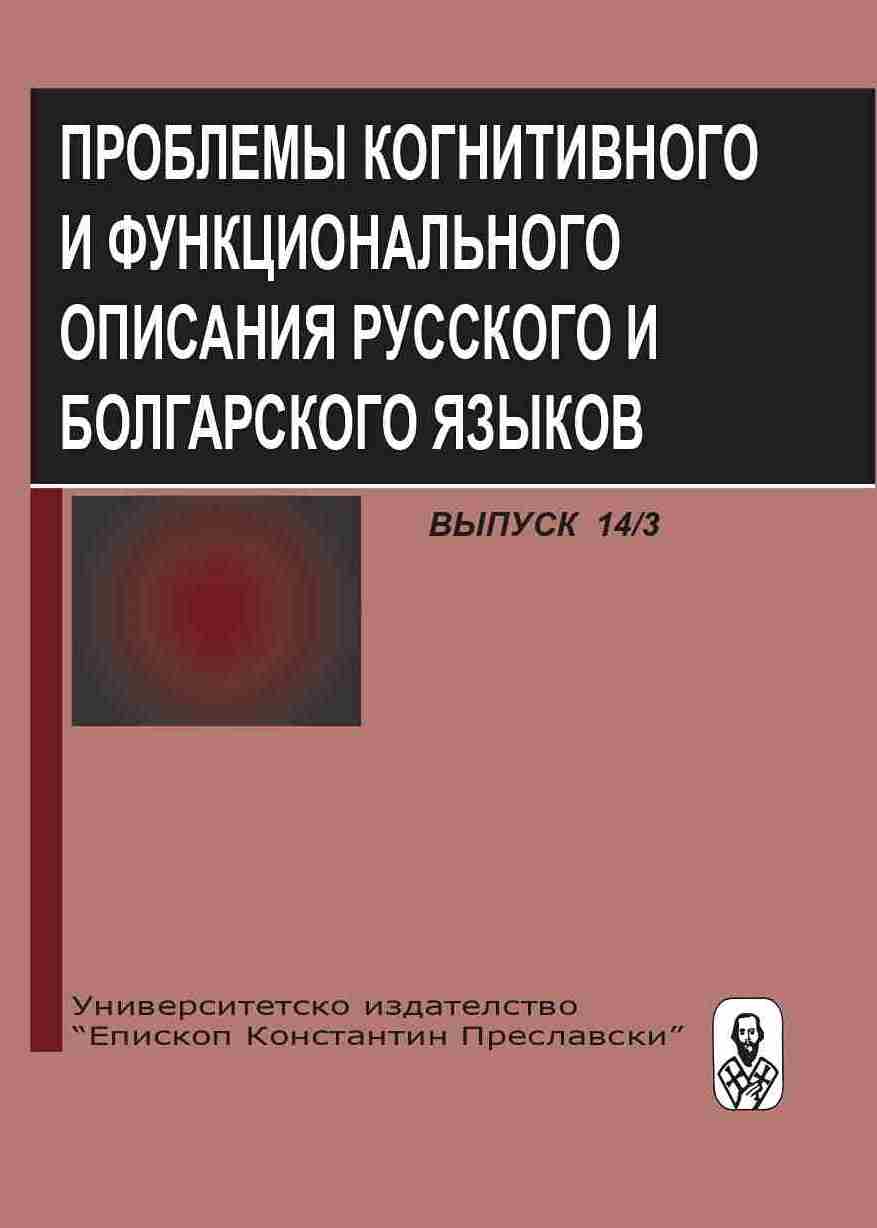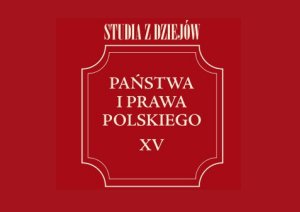
Stosunki między mieszkańcami miasta Knyszyna a żołnierzami wojsk koronnych w latach 1650–1651 w świetle ksiąg wójtowskich
The article discusses the relationships between the residents of the town Knyszyn inthe Polish-Lithuanian Commonwealth and the soldiers of the state army quartered in thetown in 1650–51. The surviving excerpts from the records of the municipal court contain awide array of cases (albeit always making use of physical violence) against the townspeople, who made use of soldiers in confl icts with their neighbours. On the other hand, the presenceof soldiers let the townspeople trade with soldiers and their servants, and also levelcertain moral charges against the neighbours. Due to legal complexities, these were notthe soldiers who were summoned to the municipal courts but rather the neighbours who supposedly inspired violent soldier behaviours.
More...

